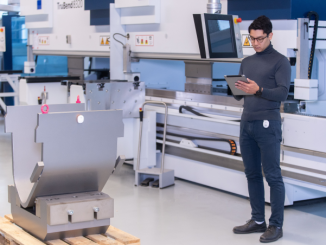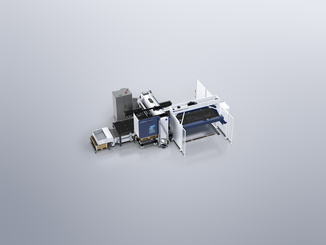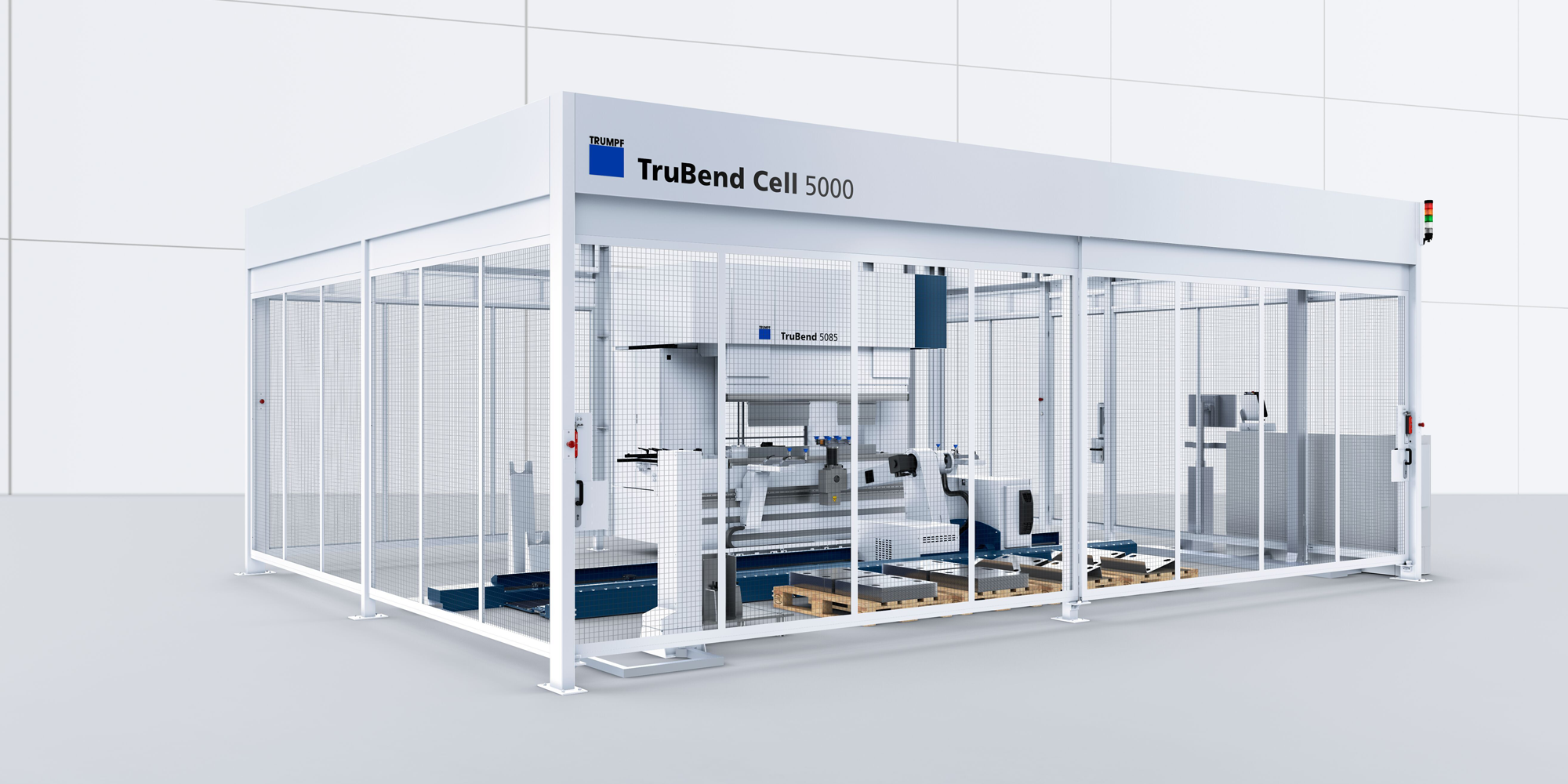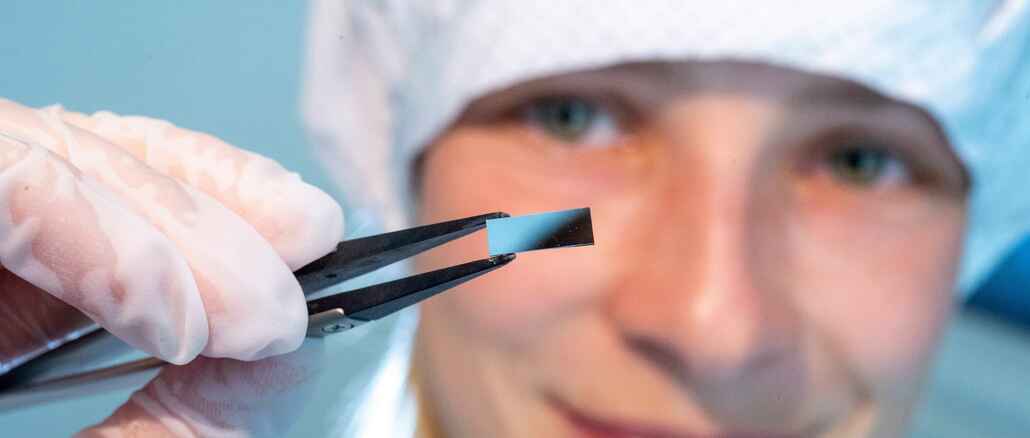
The high-tech company Trumpf increases its investment in the wholly owned subsidiary Q.ANT by a double-digit million amount. This will allow the start-up to move into the development and production of quantum computer chips.
Q.ANT has developed a photonic chip process by which highly specialized light channels can be applied to ordinary silicon chips. This method allows today’s established electronic mainframe computers to be expanded to include processors that work with the latest quantum technology.
“The developers of Q.ANT have succeeded in connecting the optical world of quanta to the electronic world. Our renewed investment is therefore the logical next step to pave the way for the development and production of quantum computer chips made in Germany. Because only if we promote quantum technologies quickly, boldly and entrepreneurially can Germany as an industrial location also exploit its potential in international competition,” says Dr. Peter Leibinger, Chief Technology Officer of Trumpf.
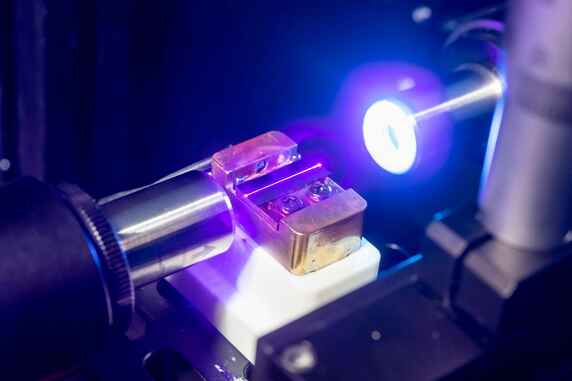
The aim is to develop a fully functional quantum chip in five years at the latest, which will complement today’s computers and make them more powerful. Use in ordinary data centres “We were able to prove in various test scenarios that quantum computer chips can also be used in ordinary data centres in the future with our technology, because they do not require particularly complex cooling or a vibration-free environment. Our fabrication process is simple compared to other quantum computing platforms and enables the generation of many quantum bits. Quantum computers need these elementary computational units in large numbers in order to be particularly powerful. From a technological perspective, this gives us a major competitive advantage. We are currently in talks with strategic partners from Press Release Page 2 of 4 various industries in order to put applications into practice as quickly as possible,” says Michael Förtsch, CEO of Q.ANT.
The start-up, based in Stuttgart-Vaihingen, works with chip manufacturers, IT equipment suppliers and international industrial companies. By the end of next year, Q.ANT plans to employ 120 people, compared to around 20 today. Production at Trumpf Photonic Components planned.
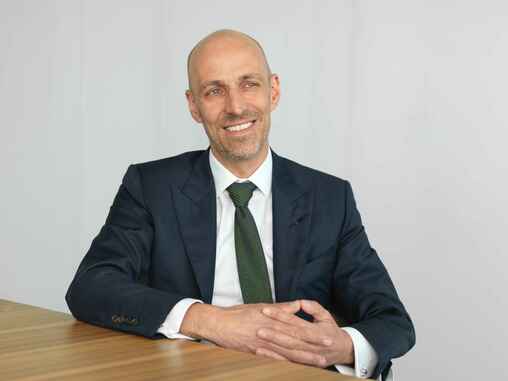
Trumpf is also planning further investments in its wholly owned subsidiary Trumpf Photonic Components, based in Ulm. There, the quantum computer chips from Q.ANT will later go into production. To this end, Trumpf plans to add machines and systems for the production of quantum computer chips to the clean room production facilities for laser diodes already in place in Ulm.
“As an established manufacturer of components for the semiconductor industry, we have in-depth expertise, a strong partner network and a state-of-the-art manufacturing environment. We thus offer the optimal conditions for the production of quantum computer chips,” says Berthold Schmidt, Managing Director of Trumpf Photonic Components.
By the end of the fiscal year in June 2022, Q.ANT should succeed in developing chip components for quantum computers, each capable of generating, guiding and manipulating quanta. Subsequently, the first prototype of a quantum computer chip is to be developed.
Web:
www.trumpf.com


